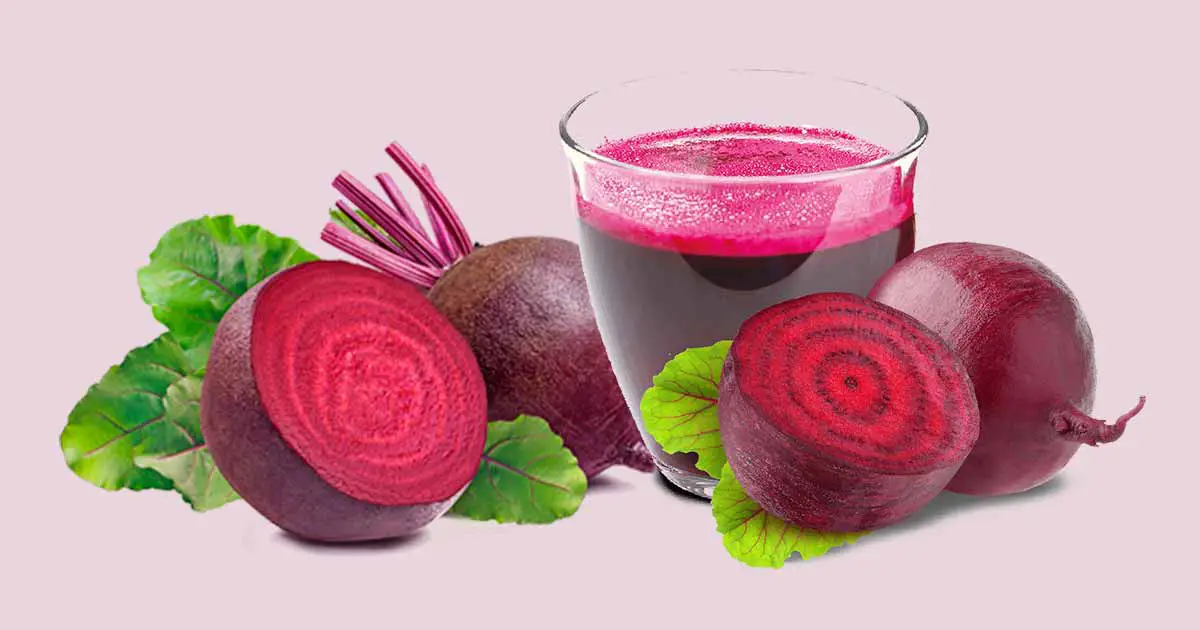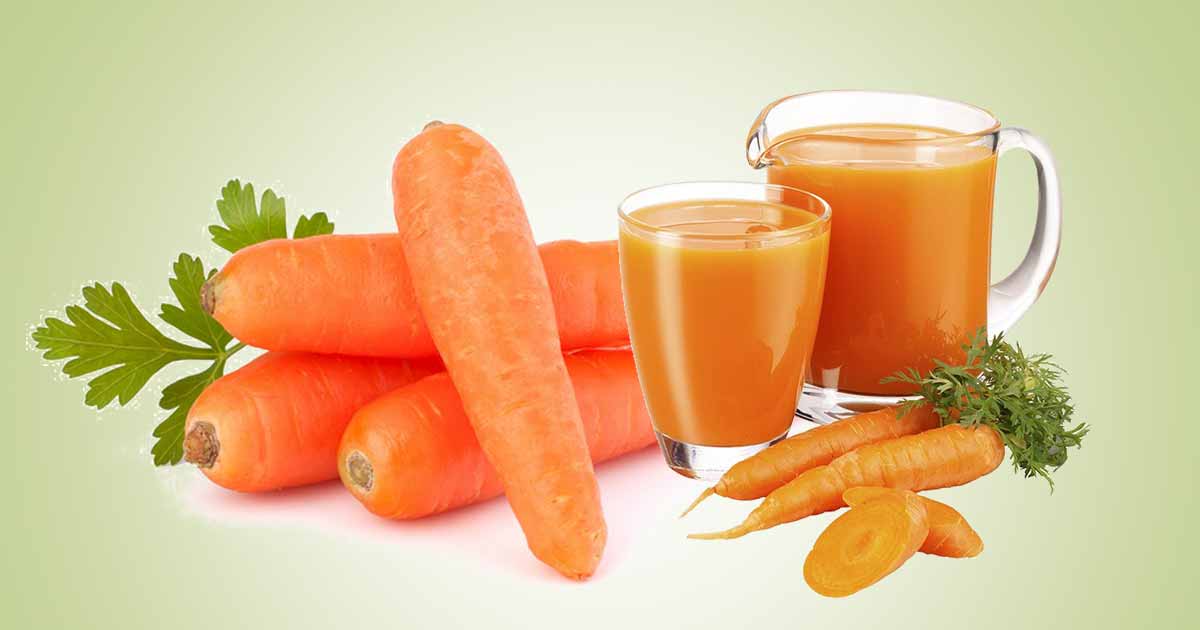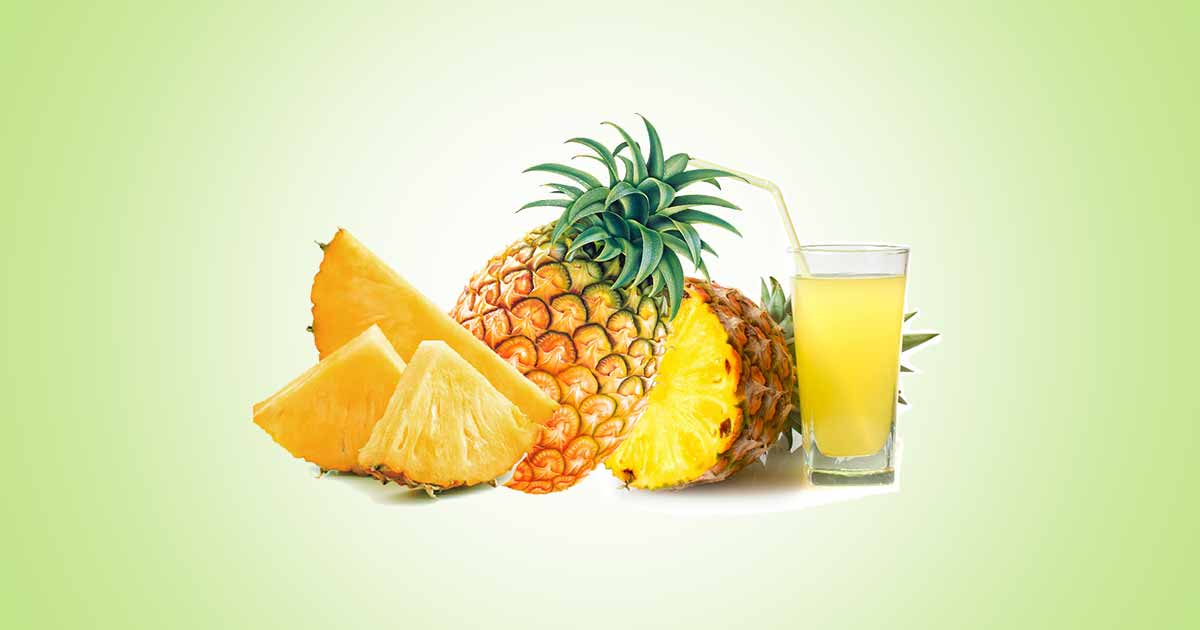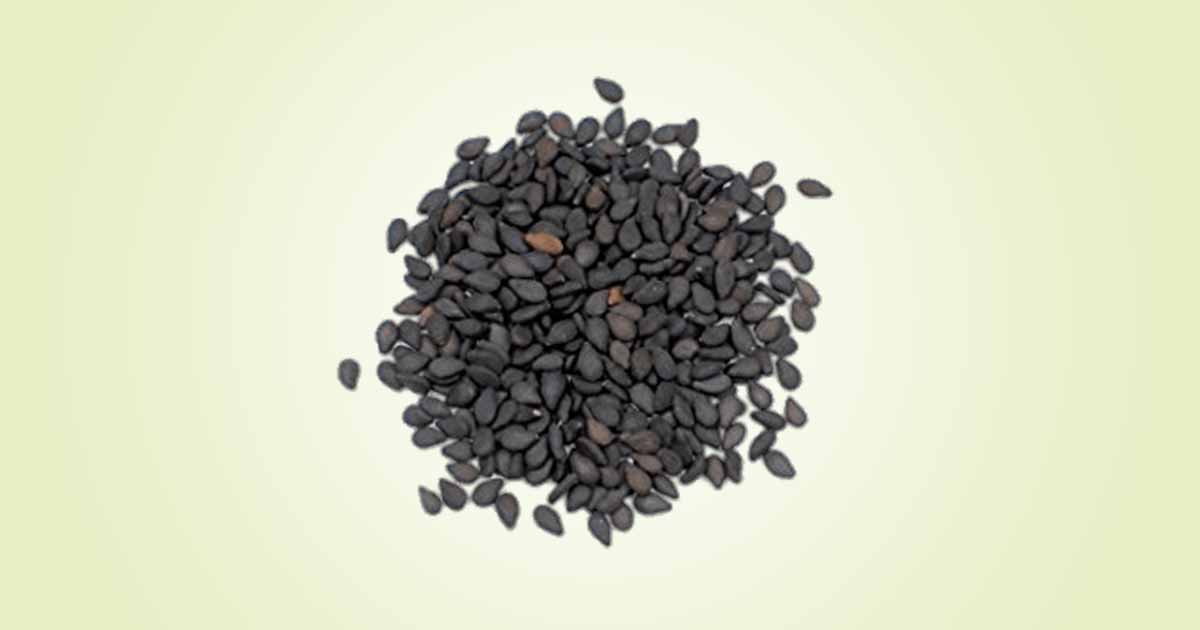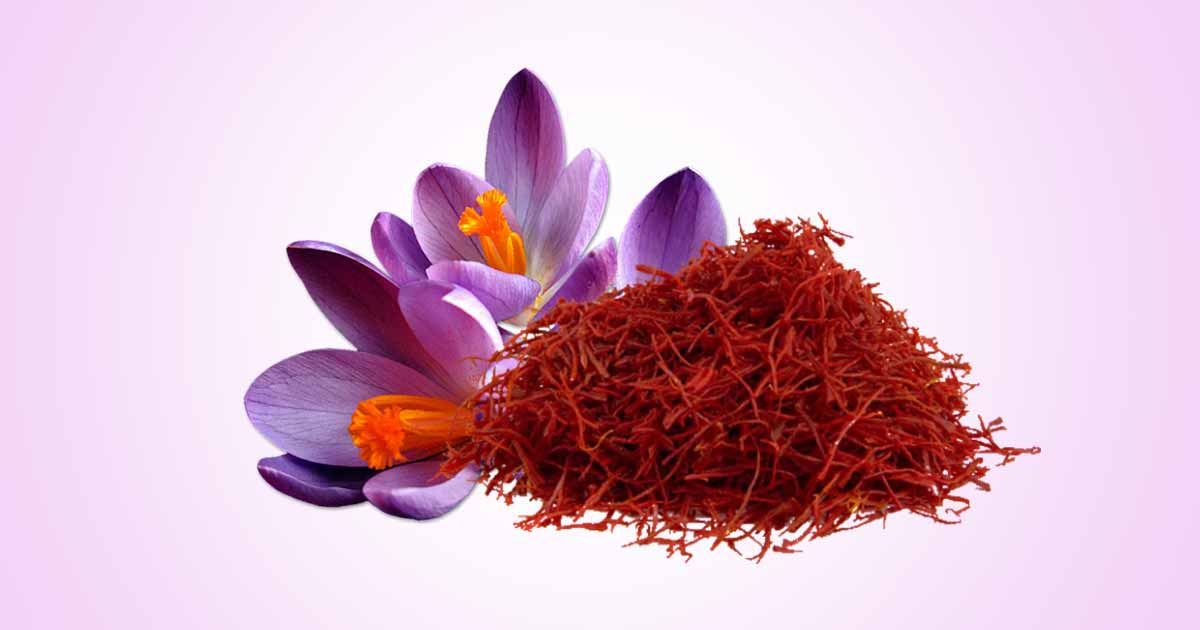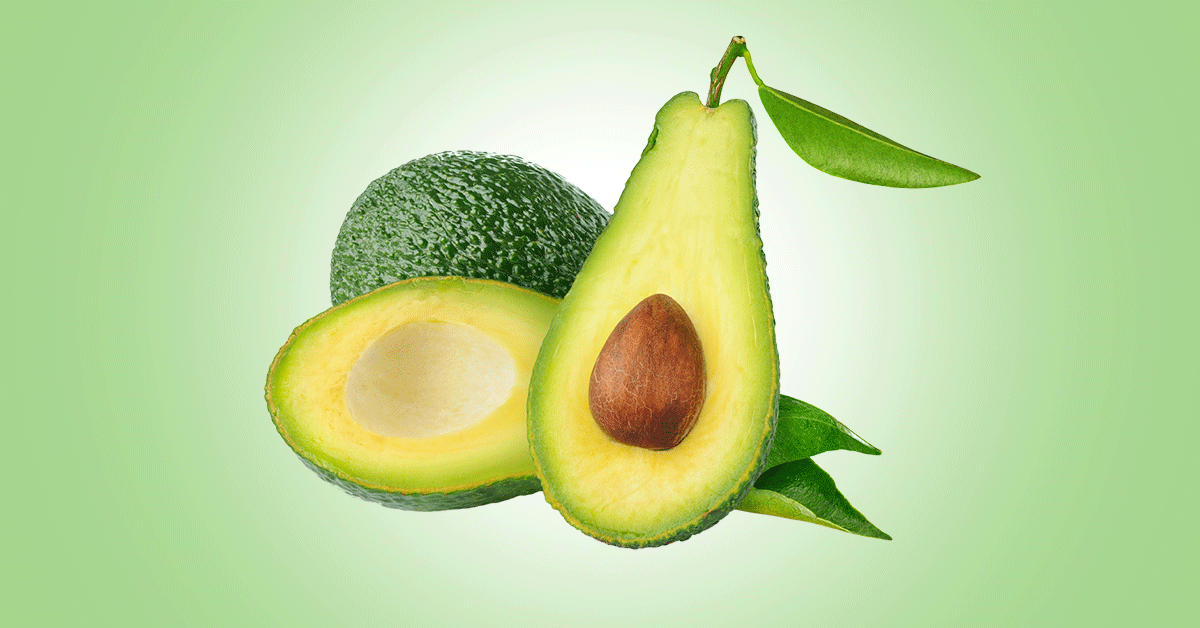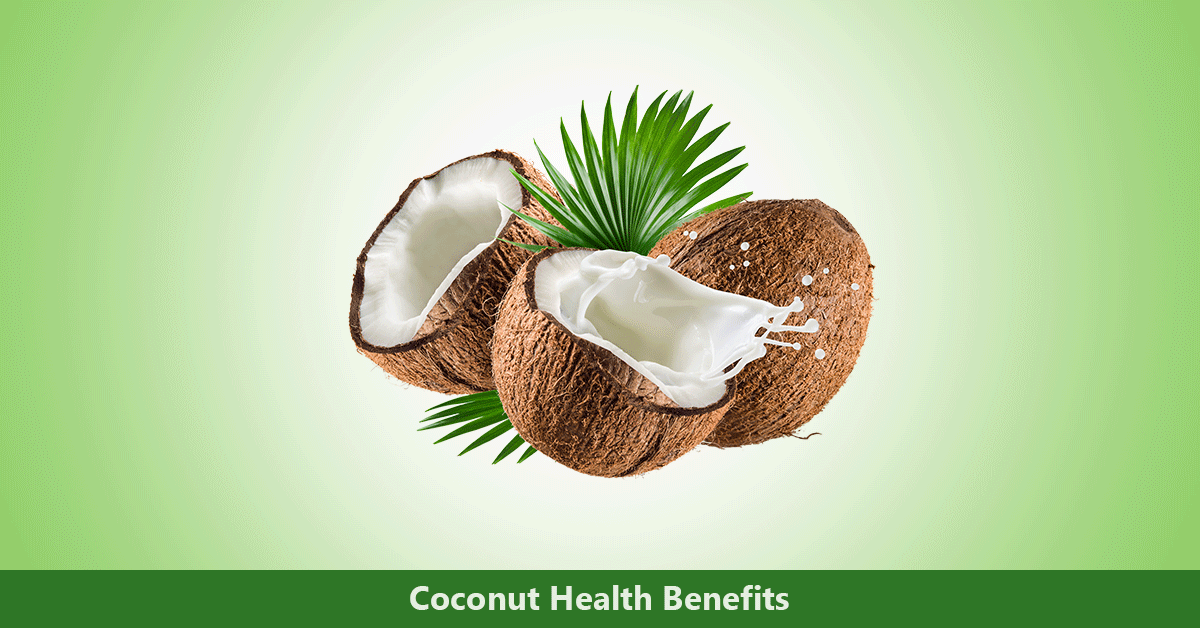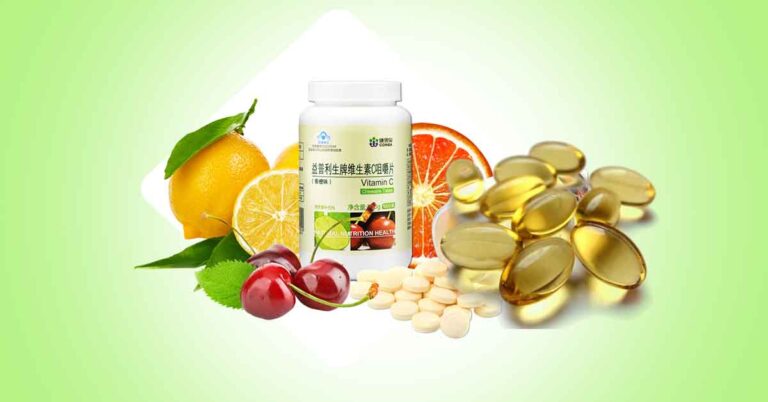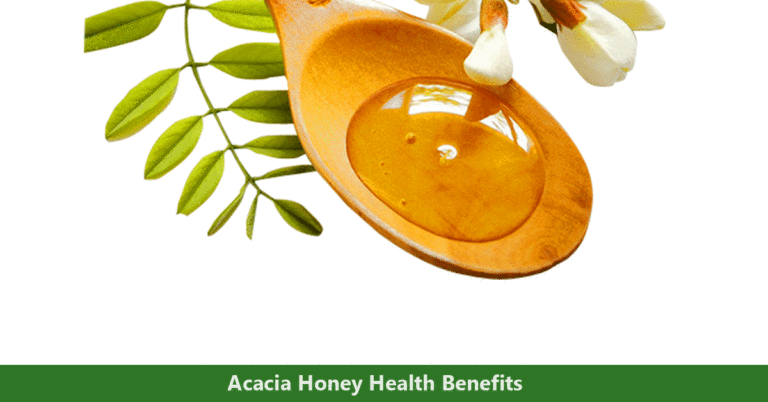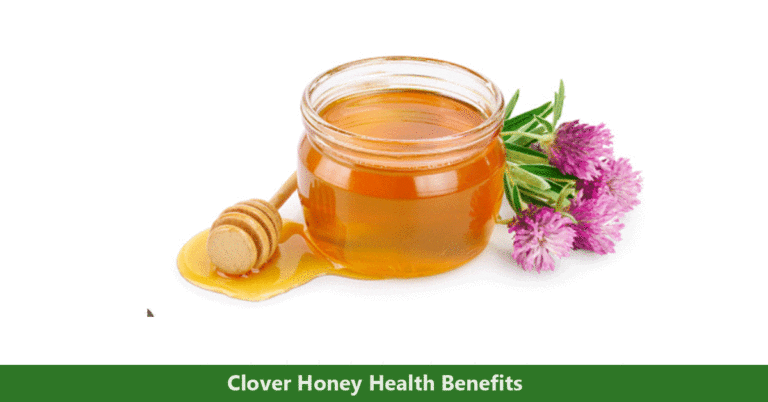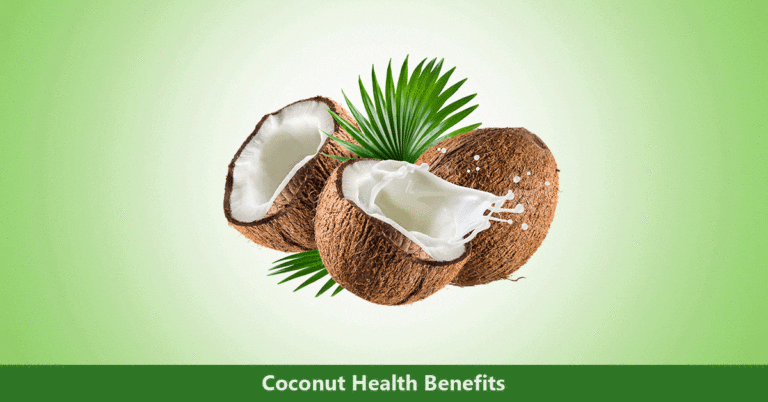Beetroot or beets (Beta Vulgaris) is the edible taproot part of a beet plant. It is a herbaceous vegetable that is widely consumed because of its high nutritional composition. It belongs to the Beta L. genus, Betoideae subfamily, Amaranthaceae family (also known as the goosefoot), and Caryophyllales order. Beetroot is a biennial plant that produces flowers in its second year of growth.
Other names of beetroot includes table beet, garden beet, golden beet, sea beat, white beet, beet, chard, Chukander (in Hindu), etc.
Historically, beetroot originated from North Africa, Europe, America, and Asia. It is commonly used in Central and Eastern Europe as a major ingredient of Russian “herring under fur” salad, vinaigrette salad, borscht, and pickled cabbage with beetroot.
But these days, it is now consumed as regularly as part of the normal daily diet. It can be consumed either fresh and raw, after fermentation, or through thermal processing.
There are different varieties of beetroot characterized by their colors – yellow, white, pink, or dark purple. However, red-colored beets are the most popularly consumed by humans. Its red color is the result of betacyanins, the red pigments present in it. Hence, it is commonly used also for manufacturing a food coloring agent, otherwise known as E162.
Beets are healthy fruits that can be consumed either whole or by juicing them. Juicing beets is highly recommended because it preserves their nutritional values, unlike cooking. To prepare beet juice, it can be fused with other fruits such as apples, strawberries, mint, etc.
Nutritional Composition of Beetroot
Beetroot contains 87% of water, 8% of carbs, and 2–3% of fiber. 100 mL of beetroot juice has 95 Kcal energy, 22.6 g carbohydrates, 0.70 g proteins, 0.16 g total lipids, 0.91 g total dietary fiber and 12 g total sugars (8.8 g sucrose, 0.86 g fructose, and 2.5 g glucose)
- Calories
- Protein
- Fat
- Vitamin A
- Vitamin B such as thiamine, riboflavin, and niacin.
- Vitamin C
- Magnesium
- Folate
- Phosphorus
- Calcium
- Sodium
- Iron
- Zinc
- Manganese
- Copper
- Potassium
- Selenium
Bioactive Compounds
It also contains other biologically active compounds, such as:
- Inorganic nitrates (Including nitrates, nitrites, and nitric oxides)
- Betalains such as betacyanins and betaxanthins
- Polyphenols
- Flavonoids
- Carotenoids
- Saponins
- Organic acids
The plant is one of the ten plants with high antioxidant levels, but has high oxalic acid content, which may affect those with kidney conditions.
The organic acids present in the extract are citric acid, malic acids, fumaric acid, ascorbic acid, succinic, and oxalic acids. The phenolic compounds present are p-Coumaric acid, rosmarinic acid, gallic acid, vanillic acid, 3,4-Dihydroxybenzoic acid, and syringic acid.
Health Benefits of Beetroot
Every part of the beets is beneficial and used for different medicinal purposes such as anti-depressant, anti-inflammatory, antifungal, anti-oxidant, antimicrobial, expectorant, diuretic, carminative, etc.
A recent study by Olumese and Oboh (2018) reveals that beetroot can also be used as a hepatoprotective or protector of cardiovascular health. Another study by different researchers reported that it can inhibit the peroxidation of lipids and also have chemo-preventative effects.
Other benefits of beetroot include the following:
1. Lowers Blood Pressure: Fruits and vegetables that contain inorganic nitrates in large quantities, such as the beetroot, lettuce, garlic, onions, etc. help to increase the formation of nitric oxide. When the nitric oxide increases, it causes the blood vessels to relax and dilate. Hence, beetroot can lower the blood pressure.
Studies by the National Institute of Health reveal that consumption of beetroots can lower blood pressure by 3 to 10 mm Hg within a few hours of consumption. Another research discovered that drinking 250 milliliters (or 8.4 ounces (317.51 g) of beetroot juice daily will help lower both diastolic and systolic blood pressure.
2. Increases Exercise Stamina
Several studies reveal that drinking beetroot juice helps to increase the levels of nitrate in the plasma, as it has the highest protein, nitrates and lowest lipid content. When this happens, it boosts physical performance and stone, especially during high-intensity exercises. Also, the dietary nitrate in the beets helps to minimize the use of oxygen during physical exercises. Hence, it causes an overall better exercise performance.
The same study revealed that trained cyclists improved their 10-kilometer time by nearly 12 seconds after they drank two cups of beetroot juice daily. They also recorded maximum oxygen expenditure.
4. Helps Maintain a Healthy Weight
Beetroot has calories and fats in small quantities. Hence, it does not add to the body weight. Beet is a healthy alternative for morning smoothies that will boost your energy to start your day.
5. May Help to Slow the Progression of Dementia
According to 2011 research by the National Insurance of Health, beetroot contains nitrates that may help increase the flow of blood to the frontal lobes of the brain. Hence, it helps slow the decline in cognitive thinking and behavior in older people.
6. May Help Fight Cancers
The red coloring agent (betalains) in beetroot are water-soluble antioxidants. Betalains are believed to be free radical scavengers that help discover and eliminate hazardous cells in the body. According to a 2016 study, betalains possess chemo-preventive properties that act against some cancer cells.
7. May Help Improve Muscle Power in People Suffering Heart Failure
According to a 2015 research, one of the benefits of beetroot juice is that it helps to improve muscle power in people with heart failure. The study reveals that the patients experienced a 13% improvement in their muscle power just two hours after they drank beetroot juice.
8. Helps Boost the Immune System and Build Healthy and Strong Bones and Teeth
Beetroot is rich in minerals such as calcium, iron, potassium, magnesium, manganese, selenium, zinc, etc., and vitamins such as vitamins B and C. Hence, beetroot acts as an immune booster and helps build healthy teeth and bones.
9. Helps to Boost Nerve and Muscle Functions
When there is a decline in the potassium level in the body, muscle cramps and fatigue can occur. This can be combated by the consumption of potassium, which acts as an electrolyte that helps the muscles and the nerves to function well.
10. Prevents Neural Tube Defects
Neural tube defects are defects that occur in newborns, such as spinal bifida and anencephaly. Neural tube defects can be prevented with folate. This is why women who are trying to conceive or are already pregnant are advised to take 600 micrometers of folate daily.
Beetroot is a good source of folate to help combat neural tube defects and also reduce the probability of premature delivery.
11. Supports the Liver
Nonalcoholic fatty liver disease, is a health condition that occurs when the liver is overloaded due to poor diet, excessive alcohol consumption, sedentary lifestyle, or exposure to harmful substances.
However, the betalains in the beetroot is an antioxidant that helps prevent or minimize the fat deposits in the liver. It also helps to shield the liver from toxins.
12. Helps Improve Digestion
The fiber content in beetroot aids in digestion and improves bowel movements.
13. May Help Reduce Cholesterol
Research reveals that extract from beetroot lowered the cholesterol level in rats. At the same time, it increased the good cholesterol (HDL) and reduced oxidative stress on the liver. Hence, researchers presume that the phytonutrients such as the flavonoids in the plant are responsible for this property.
Side Effects and Health Risks of Beetroot
- Regular consumption of beet juice may increase the risk of over-lowering blood pressure. Hence, it should be consumed with caution.
- Consumption of the colored beets may turn the urine and stools to red or pinkish color. This is known as beeturia and it is a harmless condition.
- Beetroots are high in oxalates and not good for people who are prone to calcium oxalate kidney stones. Oxalates are natural substances that form crystals in the urine.
List of References
- Sawicki, T. and Wiczkowski, W. (2018). The effects of boiling and fermentation on betalain profiles and antioxidant capacities of red beetroot products.
- Kale, R. G., Sawate, A. R., Kshirsagar, R. B., Patil, B. M., and Mane, R. P. (2018). Studies on evaluation of physical and chemical composition of beetroot (Beta vulgaris L.). International Journal of Chemical Studies.
- Olumese, F. E. and Oboh, H. A. (2018). Hepatoprotective effect of beetroot juice on liver injury in male sprague–dawley rats. Annals of Tropical Pathology.
- https://nutritionandmetabolism.biomedcentral.com/articles/10.1186/s12986-019-0421-0

